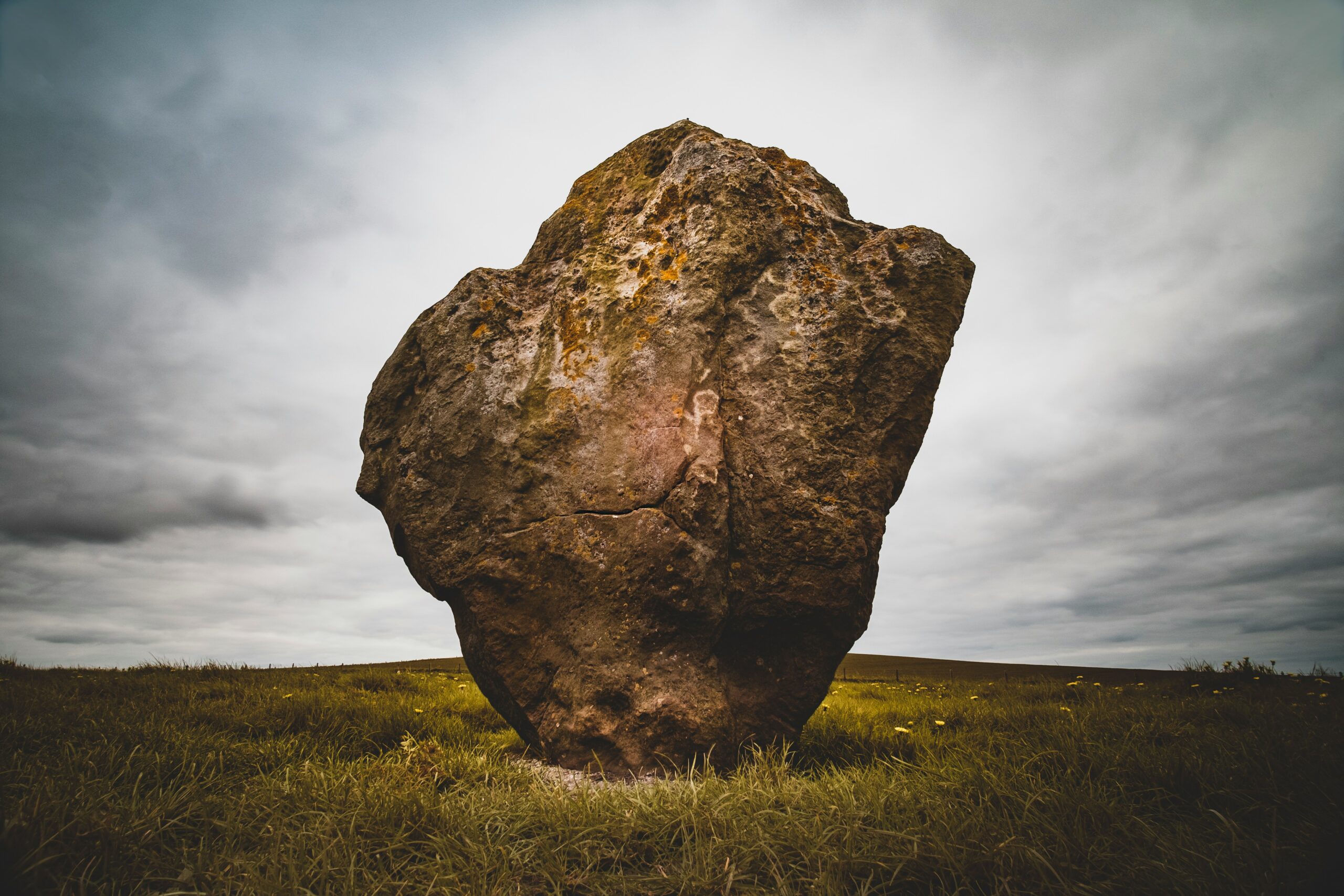Love: A Cross-Style of Life by Kim Reisman

Scripture Focus:
But the Holy Spirit produces this kind of fruit in our lives: love, joy, peace, patience, kindness, goodness, faithfulness, gentleness, and self-control. There is no law against these things! Those who belong to Christ Jesus have nailed the passions and desires of their sinful nature to his cross and crucified them there. Since we are living by the Spirit, let us follow the Spirit’s leading in every part of our lives. Let us not become conceited, or provoke one another, or be jealous of one another.
Galatians 5:22-26 (NLT)
When Paul named what have come to be called the theological virtues – faith, hope, and love – he said, “But the greatest of these is love.” When he named the “fruit of the Spirit,” he began with love. Who would question the centrality of love in the shape of the Christian life? But there are still questions:
- What is the nature of this love?
- How do we appropriate it?
- How does it express itself in our lives?
To begin to answer these questions, we look to Jesus.
You must have the same attitude that Christ Jesus had. Though he was God, he did not think of equality with God as something to cling to. Instead, he gave up his divine privileges; he took the humble position of a slave and was born as a human being. When he appeared in human form, he humbled himself in obedience to God and died a criminal’s death on a cross.
Philippians 2:5-8 (NLT)
The birth of my oldest son was both filled with incredible joy and overwhelming fear. Though Nathan arrived nice and pink and healthy, within moments of being put in my arms he began to turn blue. The doctors and nurses recognized trouble and whisked him away from me before I could even finish my question about his appearance. They worked diligently. Thankfully, Nathan bounced back quickly and all was well. But in those moments when the doctors and nurses were working so diligently on Nathan, and in the hours after when they placed him in the nursery for observation, I was overwhelmed with a kind of love I had never experienced until that moment. I realized that my love for Nathan was so intense that I would have gladly given my life for this tiny creature who could do nothing for me in return.
As I’ve reflected on that experience over the years, I continually return to the Apostle Paul and his Damascus Road experience. He caught the vision, not of the love of an earthly parent, but the love of an Eternal Father, who became human in Jesus, hanging bare hearted on a cross out of love for you and me. It was this love, the crucified love of Christ on the cross, that Paul was talking about when he said, “in Christ, God was reconciling the world to himself.” (2 Corinthians 5:19)
The above passage from Philippians is one of the most beautiful descriptions of Christ in Scripture. It’s also a description of Christian obedience and discipleship. It’s the ultimate paradigm for love – a pattern for us to f0llow: “You must have the same attitude that Christ Jesus had.” (Philippians 2:5).
Christ’s obedience to the point of death is offered to the Philippians (and to us) as a pattern for our own obedience. Just as Jesus obediently suffered, so the Philippians (and we) should stand firm in the gospel, even when it requires us to suffer (Philippians 1:27-30). Just as Jesus humbled himself and took upon himself the form of a slave, so the Philippians (and we) should become servants in love to others.
Whenever Paul talks about who Jesus was and what Jesus did, he always talks about the cross. The cross was the event in which God acted for the redemption of all humankind. It was also, for Paul, the paradigm for the obedience of all who are followers of Christ, a paradigm, for the life of faith. When he wrote in Galatians 6:2, “Bear one another’s burdens, and in this way you will fulfill the law of Christ,” Paul has taken the pattern of Christ’s self-giving on the cross and made it the imperative for the Christian community to serve one another in love.
Paul insisted over and over that the Christian lifestyle is a cross-style life. The cross is the definition of how we’re to love. Paul’s most descriptive word about Jesus is in the passage in Philippians that we’ve discussed today. As you pray and fast this month, keep in your mind the way this passage begins: “You must have the same attitude that Christ Jesus had.”
The passage isn’t just a description of who Jesus is, it’s a call to each of us. How would you have to change to have the same attitude as Christ Jesus? I pray that you would have a deep experience of the depth of God’s love for you in Christ Jesus. And I pray that experience would empower you to live out that same love for others in the daily comings and goings of your life.
Subscribe
Get articles about mission, evangelism, leadership, discipleship and prayer delivered directly to your inbox – for free






















